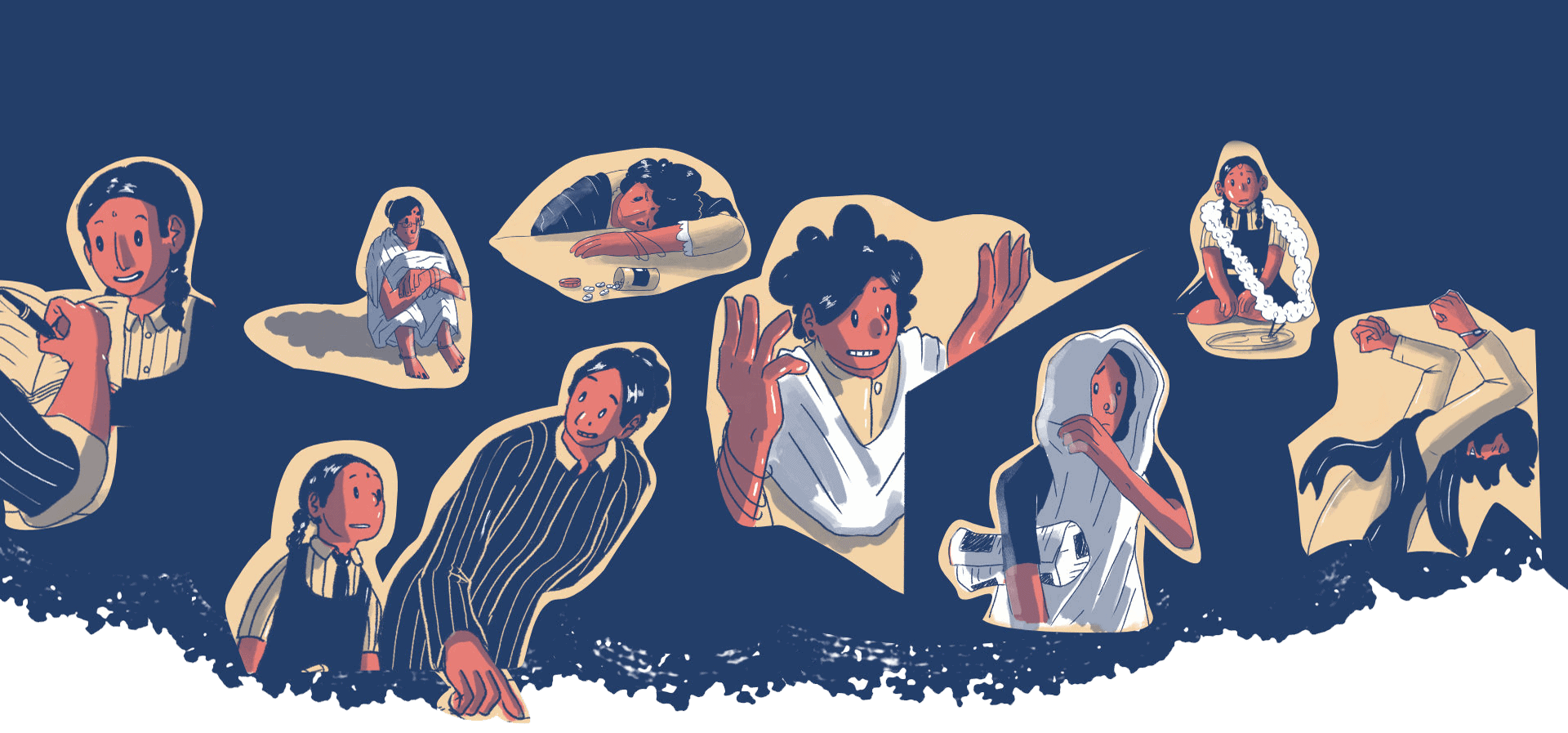





A vision to build back better
“Stories can form a complementary force of truth telling to quantitative research, centring on empathetic, self-aware, self-critical research. They point us to the varied individual truths within the dominant social stories of our times and their inherent limitations and gaps” — Laxmi and Winnu
“(The) pandemic has allowed for deep-seated stereotypes about people and the spaces they inhabit to reveal themselves.” — Fatima Hamid
“For many, this would count as a non-emergency medical situation, but for me, missing my regular dose of hormones meant the difference between health and illness.” — Vikram
“I have seen that adolescents like me were often unable to find the right kinds of safe spaces to communicate our distress and dilemmas. For most young people, neither their parents nor their teachers are well-informed about mental health and well-being and thus often fail to identify these and offer support.” — Shukti
“The active engagement of Muslim youth in relief work, and the support they provided during the lockdown must be celebrated as resistance to the narratives of hate.” — Eisha Choudharyi
